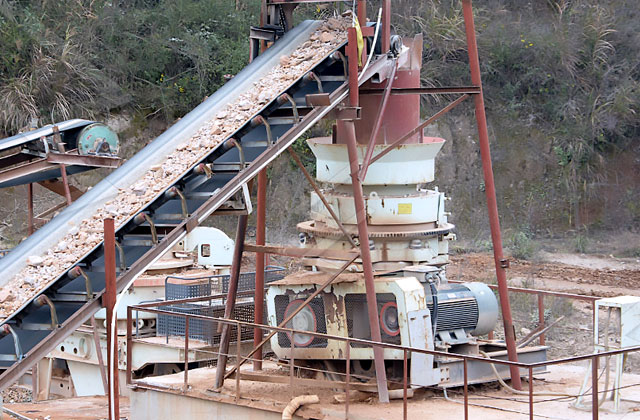Quarry primary crusher selection is an important decision that requires careful consideration of several factors. The primary crusher is the first piece of equipment used in the quarrying process and is responsible for reducing the size of the material extracted from the ground. The selection of the right primary crusher is crucial to ensure the optimal performance of the entire quarrying operation.
The first consideration when selecting a primary crusher is the type of rock or material to be crushed. Different rocks have different characteristics and require different types of crushers. For example, hard, dense materials like granite and basalt require heavy-duty crushers that can handle large feed sizes and high throughput rates. Softer materials like limestone or sandstone can be crushed with less aggressive crushers.

Another important factor to consider when selecting a primary crusher is the capacity required. The capacity of the crusher determines how much material can be processed in a given time period. This is particularly important in large quarries where high throughput rates are necessary to keep up with demand. The capacity of the crusher should be matched to the capacity of the quarrying operation to ensure efficient and cost-effective production.
The size of the feed material is also an important consideration when selecting a primary crusher. The crusher must be able to handle the largest pieces of rock that will be encountered in the quarrying process. If the crusher is too small for the size of the feed material, it will be unable to process the material efficiently, leading to reduced throughput and increased operating costs.
The location of the crusher within the quarry is another important consideration. The crusher should be located as close to the extraction point as possible to minimize transportation costs. Additionally, the crusher should be positioned so that the material flows from the quarry to the crusher in a straight line, with no bends or turns that could cause the material to become trapped or build up, leading to blockages.
The type of crusher selected will also depend on the desired product size. For example, if the quarry requires a specific size of crushed stone for use in road construction, a crusher that produces a consistent size of material will be necessary. If the quarry is producing material for multiple purposes, a crusher that can be adjusted to produce different sizes of material may be more appropriate.
Finally, the cost of the crusher must also be taken into consideration. The initial cost of the crusher and its associated equipment must be weighed against the expected return on investment. Additionally, ongoing maintenance and repair costs must be factored into the decision-making process.
